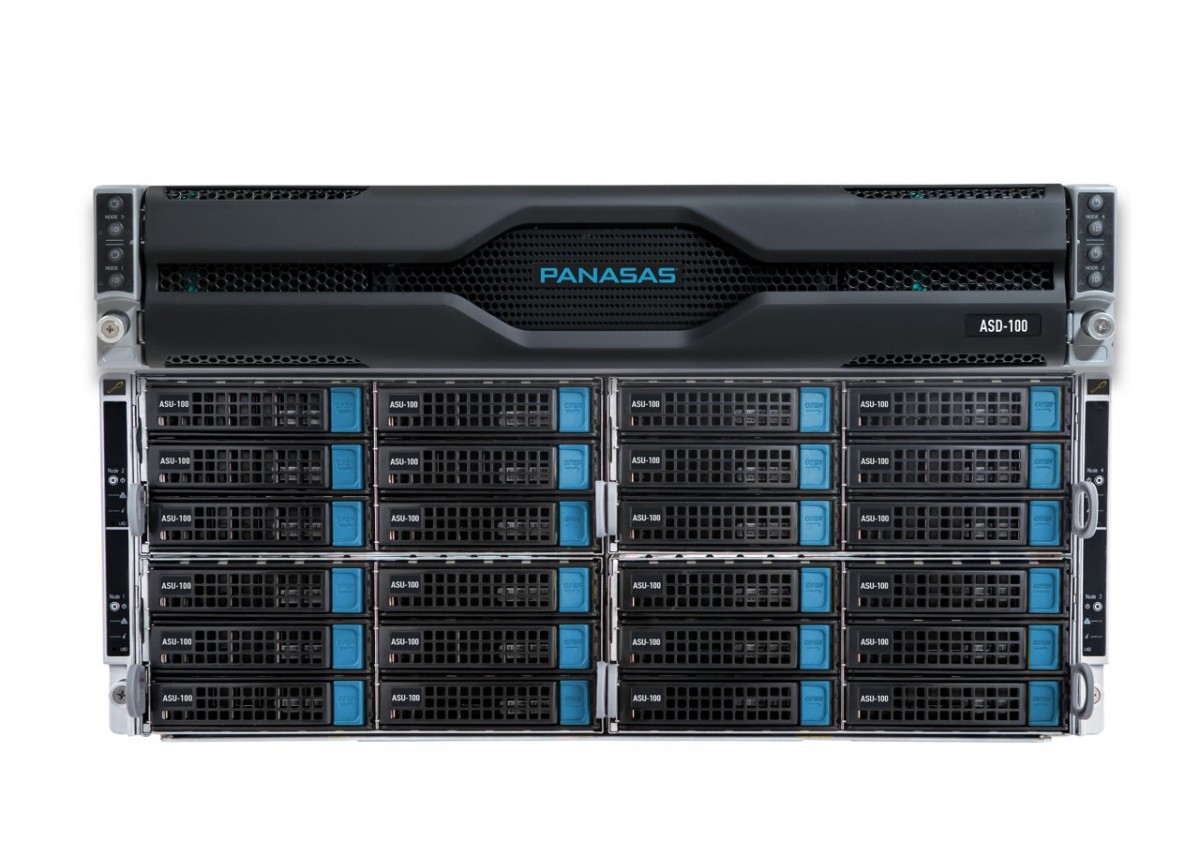Panasas has released Dynamic Data Acceleration on the new PanFS® parallel file system, a proprietary software feature that delivers predictable high performance by automatically adapting to the changing and evolving small file and mixed workloads that dominate today’s HPC and AI landscape.
Inconsistent performance and lack of adaptability in the face of change has been a major headache for both application users and storage administrators. PanFS with Dynamic Data Acceleration is the remedy to this headache and the answer to HPC and enterprise IT organizations who are looking for a high-performance plug-and-play storage solution that keeps up with their pace of change.
“Diversity and change are the major watchwords in HPC applications today,” said Addison Snell, CEO at Intersect360 Research. “Technical computing has always raced to outdo itself year after year in pursuit of scientific or engineering advancement. Now data science and machine learning have also broadened the aperture of the types of workloads administrators have to manage. A high-performance storage system has to be able to incorporate and adapt to this kind of dynamic environment.”
What is Dynamic Data Acceleration?
PanFS with Dynamic Data Acceleration takes the complexity and manual intervention of tiered HPC storage systems off the system administrator’s hands, maximizing the efficiency of all storage media in a seamless, total-performance system that automatically adapts to changing file sizes and workloads. In this integrated system, NVMe SSDs store metadata, low-latency SSDs store small files, and large files are stored on low-cost, high-bandwidth HDDs. By dynamically managing the movement of files between SSD and HDD, and maximizing the full potential of NVMe, PanFS delivers the highest possible performance for HPC and AI workflows.
The difference between PanFS with Dynamic Data Acceleration and other HPC storage systems
All other parallel file systems require clumsy tiering and/or manual tuning to compensate for specific workload characteristics and changes. The approach of piecing together various tiers to achieve performance leads to a level of complexity and inconsistent performance that negatively impacts productivity and increases overall costs. In contrast, PanFS with Dynamic Data Acceleration automatically adapts to changing file sizes and workloads without tuning or manual intervention, delivering a consistent and fast total-performance HPC storage solution.
“The rate of change in high-performance workloads and the extension of parallel file systems to AI and enterprise use cases call for a file system that is predictably fast, resilient and reliable in the face of change,” said Jim Donovan, chief marketing officer at Panasas. “Adding Dynamic Data Acceleration to the latest version of the PanFS parallel file system on ActiveStor Ultra delivers an HPC storage solution that will remain consistently fast as your workloads change.”




